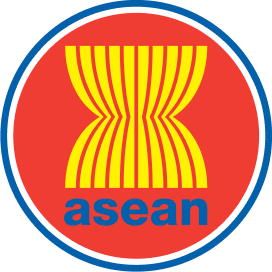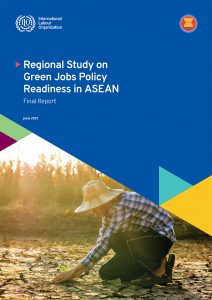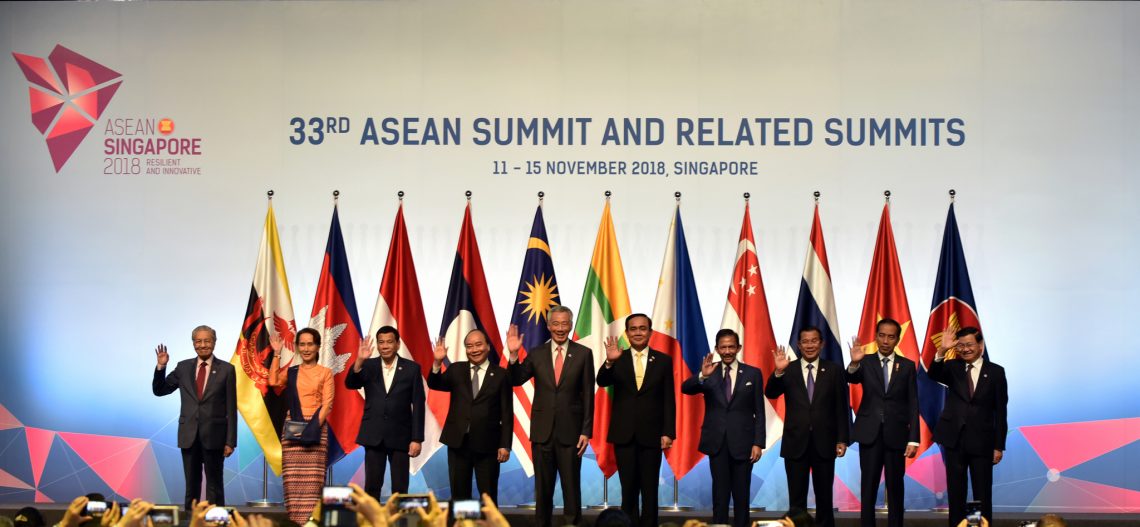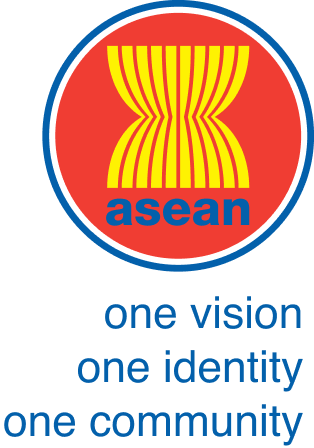



Green jobs are a high priority in ASEAN as evidenced by the ASEAN Declaration on Promoting Green Jobs for Equity and Inclusive Growth of ASEAN Community adopted at the ASEAN Summit in 2018. ASEAN is actively promoting green employment in clean energy, energy efficiency and green buildings and urban planning, as well as developing policies to support sustainable production and consumption systems such as circular economy. Despite these commitments, the growth of green jobs and the supportive policy ecosystem that enables future growth is not fully developed. There is a need to enhance the understanding of the impact of green jobs and greening on their workforces, what the labour market and skills and training development implications of green jobs will be, and how best to respond to these.
From the 2021 Regional Study on Green Jobs Policy Readiness in ASEAN, green jobs are jobs identified as being “good for the people, good for the environment, and good for the economy”. Green jobs are considered both a mechanism to achieve sustainable development, as well as an outcome. They provide the double dividend of employment and reduced negative environmental impacts.
ASEAN Declaration on Promoting Green Jobs for Equity and Inclusive of ASEAN Community
The ASEAN Declaration on Promoting Green Jobs for Equity and Inclusive Growth of ASEAN Community was adopted on 13 November 2018 by the ASEAN Leaders at the 33rd ASEAN Summit in Singapore.
The Declaration aims to achieve better understanding of green jobs and green skills in fostering green workplace practices, especially in the renewable energy, agriculture, construction, energy, forestry, manufacturing, transport, waste management, urbanisation, tourism, industry, and technology sectors, among others.
This declaration outlines a commitment to undertake several actions aimed at promoting green jobs and green skills within AMS. These actions are subject to existing national laws, regulations, and policies.










